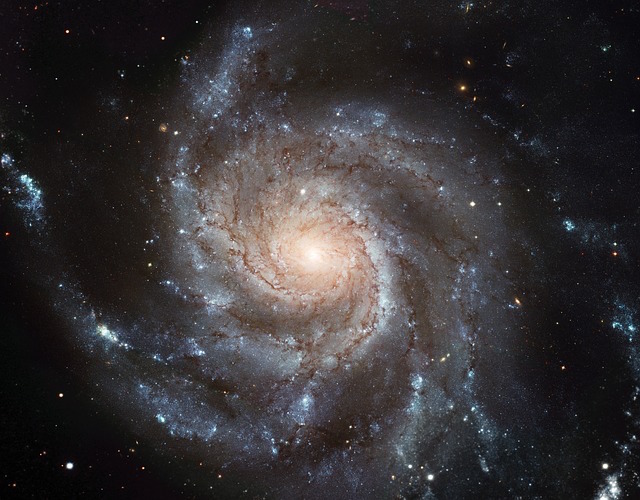Lecture (Level 1) – What we can learn from galaxies far, far away

by Henry Lin
a freshman (Sept. 2013) at Harvard University. At the age of 17 he won an Intel Foundation Young Scientist Award for his mathematical models of distant galaxy clusters.
First preview the vocabulary below. Then do the exercise by first reading a single question and then listening for the answer. When you hear the answer, pause the video and answer the question. Then read the next question and do the same thing. If you get the answer wrong, then go back to where the answer is given and listen again.
Your Score:
Your Ranking:
Vocabulary:
clusters: collections, groups
mutual: shared
mysterious: unknown, with secrets
massive: very, very large
laboratories: places where discoveries happen
mass: weight, largeness
isolated: all alone with no neighbors
systems: collections of stars
scaled down: smaller
emitting: causing, producing
accelerating: causing something to go faster and faster
rough draft: a beginning of understanding
properties: qualities
probing: examining
matter: stuff
atoms: very small particles
collide: hit each other
compounded: made larger
affect: change
structure: shape
ingenuity: creativity
© 2014 Ambien Malecot